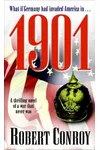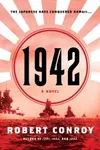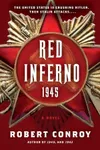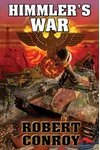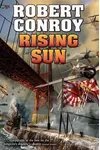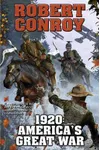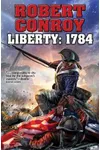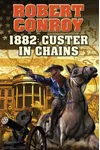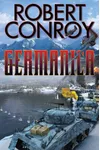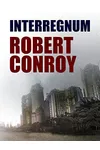Picture an American storyteller who spun history into thrilling 'what if' adventures—meet Robert Conroy! A US Army veteran turned bestselling author, Conroy captivated readers with his alternate history novels, blending meticulous research with gripping narratives. His award-winning 1942 reimagined a Japanese conquest of Hawaii, showcasing his knack for making history feel alive and unpredictable.
Conroy’s stories weren’t just about battles; they explored the ripple effects of pivotal moments, inviting readers to ponder the fragility of the world we know. With a career that spanned over a dozen novels, his work remains a cornerstone of the alternate history genre.
The Making of Robert Conroy
Born on August 24, 1938, in Michigan, Joseph Robert Conroy lived a life as layered as his stories. After serving in the US Army, he earned an MBA and taught business and economic history at Macomb Community College. His passion for history sparked when he uncovered Kaiser Wilhelm II’s plans to invade the US, inspiring his debut novel, 1901. Retiring early from automotive management, Conroy dove into writing, merging his love for historical detail with imaginative storytelling.
Robert Conroy’s Unforgettable Stories
Conroy’s novels are a masterclass in alternate history, weaving real events with bold twists. His breakout, 1901 (1995), imagines a German invasion of Long Island under President William McKinley, packed with vivid characters like Theodore Roosevelt. 1942 (2009), which won the Sidewise Award for Alternate History, envisions a successful Japanese takeover of Hawaii post-Pearl Harbor, blending tense military drama with human stories. Red Inferno: 1945 (2010) pits the Allies against the Soviet Union in a chilling Third World War, praised for its gritty realism. Rising Sun (2012) flips the Battle of Midway, with Japan dominating the Pacific, showcasing Conroy’s ability to craft high-stakes, believable scenarios.
His style was distinctive: fast-paced, character-driven, and grounded in historical accuracy. Conroy jumped between perspectives—soldiers, leaders, civilians—creating a tapestry of voices that made his worlds feel immersive. Whether exploring a Confederate-aligned UK in 1862 or a post-nuclear America in Interregnum, he balanced speculative twists with plausible outcomes, earning comparisons to Harry Turtledove.
Why Robert Conroy Matters
Conroy’s work reshaped alternate history by making it accessible and thrilling. His novels didn’t just entertain; they challenged readers to question historical inevitability, showing how small changes could reshape the world. Fans and critics lauded his meticulous research and ability to humanize history, with 1942 cementing his legacy as a genre titan. Even after his passing from cancer in 2014, Conroy’s stories continue to inspire, with posthumous works like Germanica keeping his vision alive.
His influence extends beyond books. By blending historical figures with fictional heroes, Conroy bridged academic history and popular fiction, inviting readers to explore the past through a new lens. His work remains a testament to the power of imagination in understanding our world.
- Born: August 24, 1938, Michigan
- Key Works: 1901, 1942, Red Inferno: 1945, Rising Sun
- Awards: Sidewise Award for Alternate History (1942)
- Died: December 30, 2014
Ready to dive into a world where history takes a wild turn? Snag 1942 and experience Robert Conroy’s thrilling alternate history adventures!
